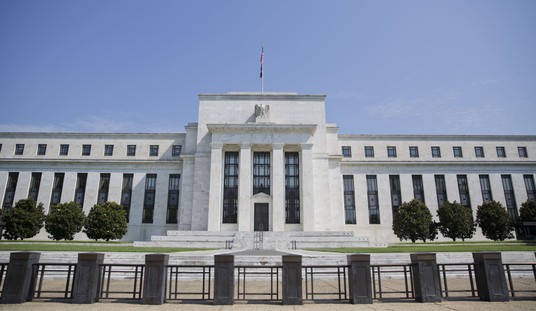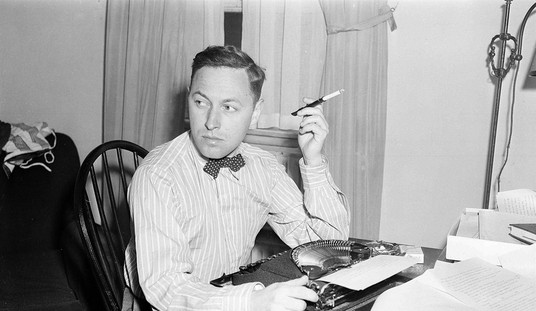by Mary Madigan
One of Friends of Democracy’s Questions for Our Readers asked:
Do you think the American people have a good understanding of what is happening in Iraq?
I don’t think Americans understand what is happening in Iraq now because we don’t understand what life was like in Iraq under Saddam’s regime.
We don’t understand what it’s like to live in a state where neighbors and co-workers will inform on you for cash, where the threat that your leadership could inflict another genocidal attack like Halabja is always present. We don’t understand how the combination of state control and constant fear can deaden the lives of millions. We also don’t understand what happens when that regime ends.
Mohammed of Iraq the Model expressed it this way:
2003; the year of freedom.
Before you I was mute, and here goes my tongue praying for the best,
Before you I was hand-cuffed, and here are my hands free to write,
Before you my mind was tied to one thought and here I find wide horizons and greater thoughts,
Before you I was isolated, and here I join the wide universe.
I will never forget you; you broke the chains for my people, and rid us from the big jail.
“A mind tied to one thought”; most Americans don’t know what that’s like, nor do most understand the source of what we vaguely call ‘oppression.’
As David Brooks said, Saddam’s Baath Party slogan was “Unity, Freedom, Socialism.” Saddam was, first and foremost, a party man. His regime was part of a larger ideology that still thrives.
Immigrants to America who have lived under similar regimes, like Ceausescu’s Romania, Soviet Russia or China understand. Many are willing to talk about lives lived in fear, but not everyone is willing to listen.
At Kesher Talk, Judith Weiss describes the reaction when these immigrants tried to speak their minds on Inauguration day.
At least half of those who called on the “Republican line” [for C-SPAN’s Congressional Inaugural Luncheon & Presidential Review of Honor Guard] are immigrants, from Eastern Europe, Cuba, the Middle East. They are all fervent Bush supporters and understand and approve of his foreign policy ideals.
One person who called in on the “Democrat line” believed that these immigrants should have “stayed in their own countries and demonstrated and marched for their civil rights there, like we did here, instead of coming here and criticizing.”
Judith points out that “Of course many immigrants did exactly that and ended up tortured or imprisoned without trial, or had to flee for their lives.”
People around the world suffer from a less obvious form of oppression. Activists will blame this suffering on ‘poverty’ or, of course, capitalism, but from Zimbabwe to Libya, it’s clear that even the worst corporate villains can’t impoverish and oppress a population with the efficiency of a socialist-inspired regime.
In photographs, Michael Totten shows us a Libya where 99% of the people on the street are men, where even the mountains are plastered with state propaganda, where history is being erased and portraits of the great leader are everywhere. Despite Ghaddafi’s apparent flakiness, his regime is very efficient.
Oppressive regimes are responsible for most of the starvation in the third world. According to Norman Borlaug, the father of the Green Revolution, “Africa could grow food for the world if its people were politically free to do so.” Tyrants are responsible for the twin scourges of poverty and starvation.
Although they claim to be anti-poverty and anti-oppression most Left-leaning activists don’t seem to be able to handle the truth – or they actively suppress it. Amir Taheri describes this incident at a peace rally:
We managed to reach some of the stars of the show, including Reverend Jesse Jackson, the self-styled champion of American civil rights. One of our group, Salima Kazim, an Iraqi grandmother, managed to attract the reverend’s attention and told him how Saddam Hussein had murdered her three sons because they had been dissidents in the Baath Party; and how one of her grandsons had died in the war Saddam had launched against Kuwait in 1990.
“Could I have the microphone for one minute to tell the people about my life?” 78-year-old Salima demanded.
The reverend was not pleased.
“Today is not about Saddam Hussein,” he snapped. “Today is about Bush and Blair and the massacre they plan in Iraq.” Salima had to beat a retreat, with all of us following, as the reverend’s gorillas closed in to protect his holiness.
We next spotted former film star Glenda Jackson, apparently manning a stand where “antiwar” characters could sign up to become “human shields” to protect Saddam’s military installations against American air attacks.
“These people are mad,” said Awad Nasser, one of Iraq’s most famous modernist poets. “They are actually signing up to sacrifice their lives to protect a tyrant’s death machine.”
Others, like anti-war Democrat Ramsey “Free Slobodan Milosevic!!” Clark devote their lives to the defense of oppression.
Yesterday, Iraqis finally got their chance to have the microphone. We saw them weeping with joy at the ballot box, we saw them defy terror for their chance to be heard. Critics complain about Bush and the neo-con conspiracy, but they can’t deny the power of those images. They can’t deny the power that the once-mute feel when they’re finally allowed to speak.









Join the conversation as a VIP Member